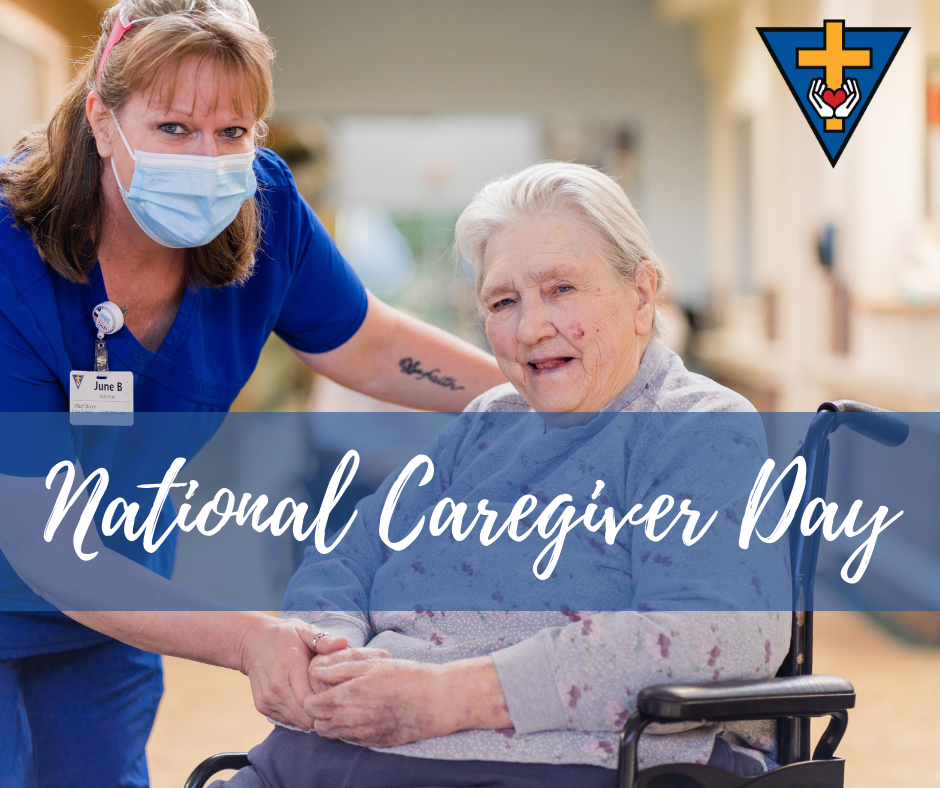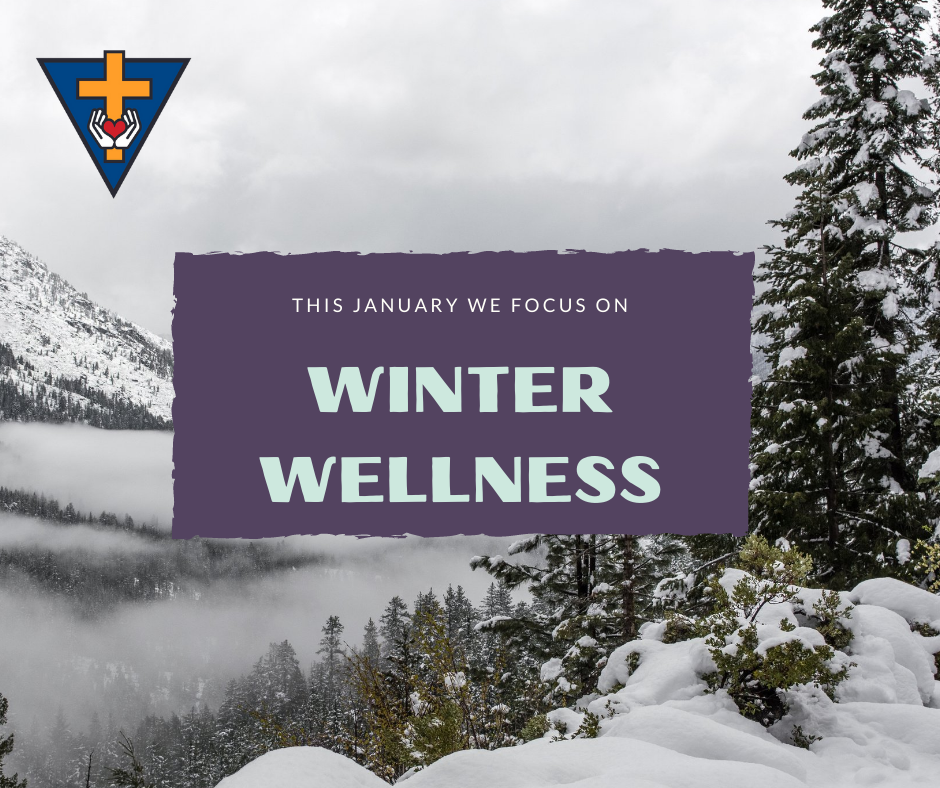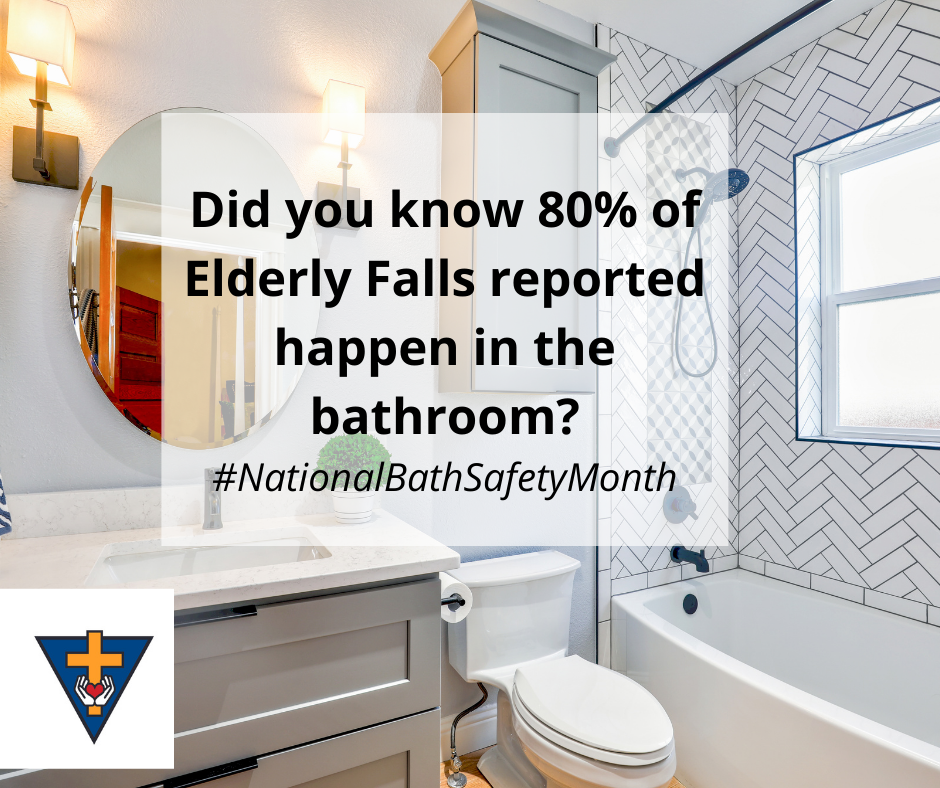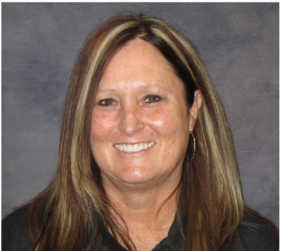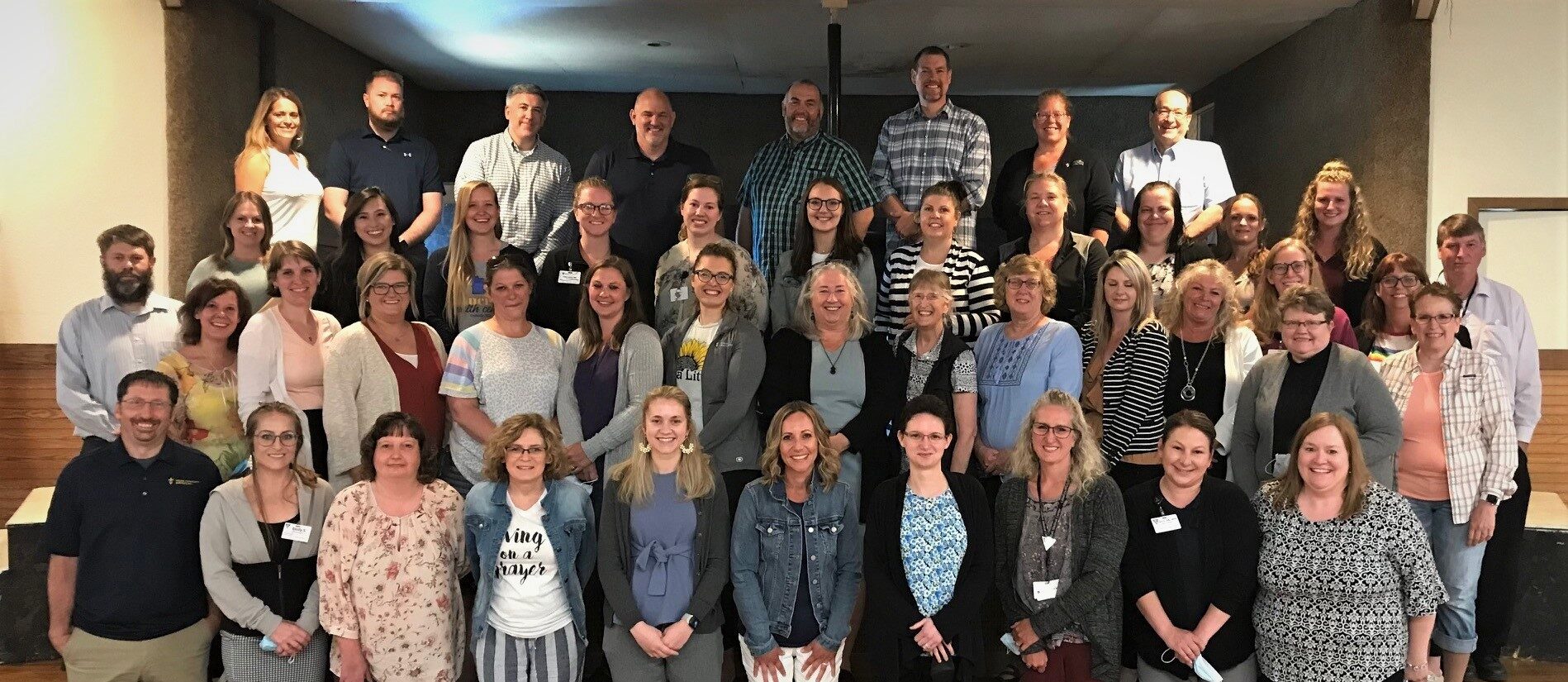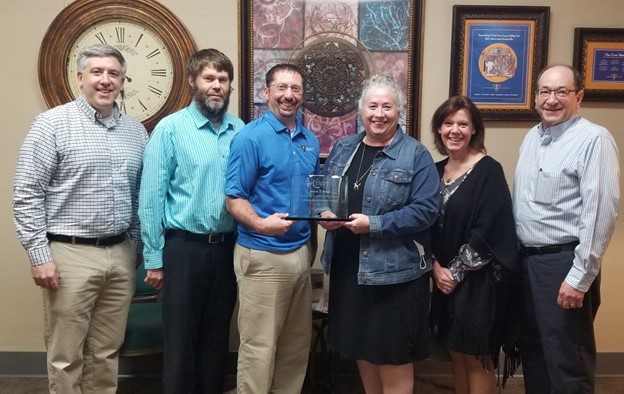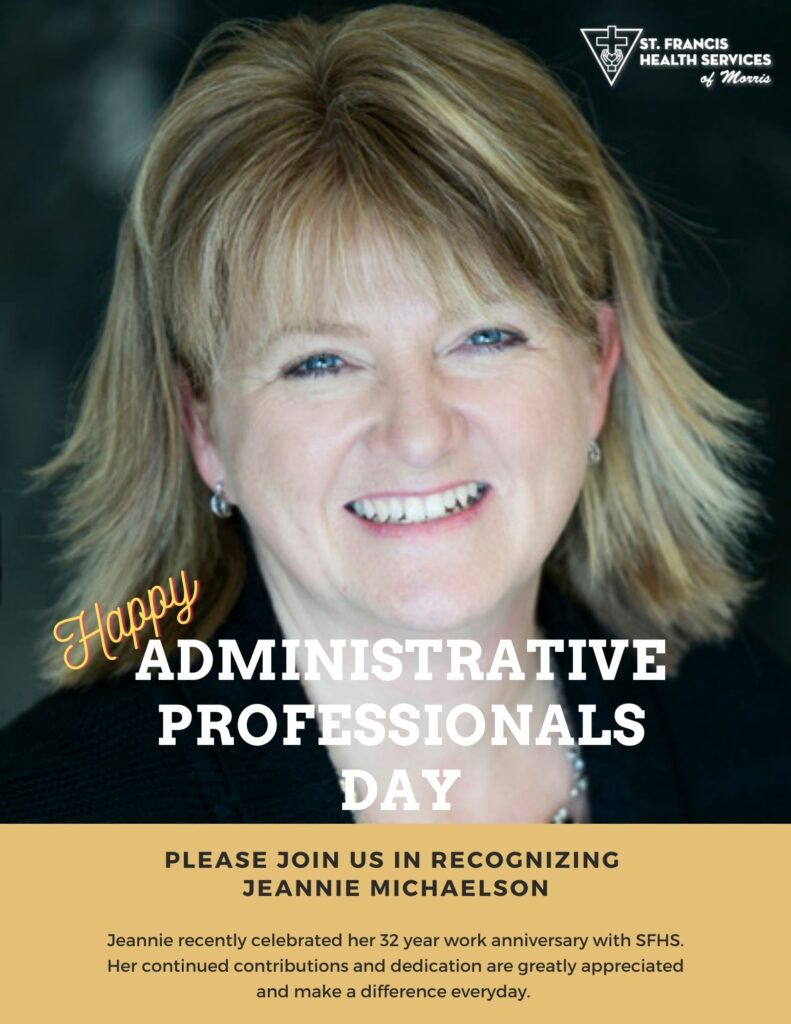Today we honor all individuals who selflessly provide care, including both medical and personal care. Whether the caregiver is a healthcare professional or a family member, a caregiver’s day can be long and demanding, requiring dedication and compassion.
Caregiving can tax your patience and foster fatigue, frustration and guilt, becoming a grueling grind that takes a heavy toll on the caregiver’s body and mind. Thirty-six percent of family caregivers characterize their situation as highly stressful, according to AARP and the National Alliance for Caregiving (NAC).COVID has exasperated caregiver burnout making it even more important to watch for the signs and take proactive steps to deal with it before it spirals out of control.
Lack of energy
Overwhelming fatigue
Sleep problems (too much or too little)
Changes in eating habits; weight loss or gain
A feeling of hopelessness
Withdrawing from, or losing interest in, activities you once enjoyed
Neglecting your own physical and emotional needs
Feeling like caregiving is controlling your life
Becoming unusually impatient, irritable or argumentative with the person you’re caring for and/or with others
Anxiety about the future
Depression or mood swings
Difficulty coping with everyday things
Headaches, stomachaches, and other physical problems
Lowered resistance to illness
Another tool to evaluate whether tending to a loved one is taking a toll is a caregiver self-assessment questionnaire that the American Medical Association developed and the American Psychological Association recommends.
If you or a caregiver you know is experiencing burnout ask for help. Take breaks when you need it and take care of yourself. Join a support group or communicate with others who are in your situation.
